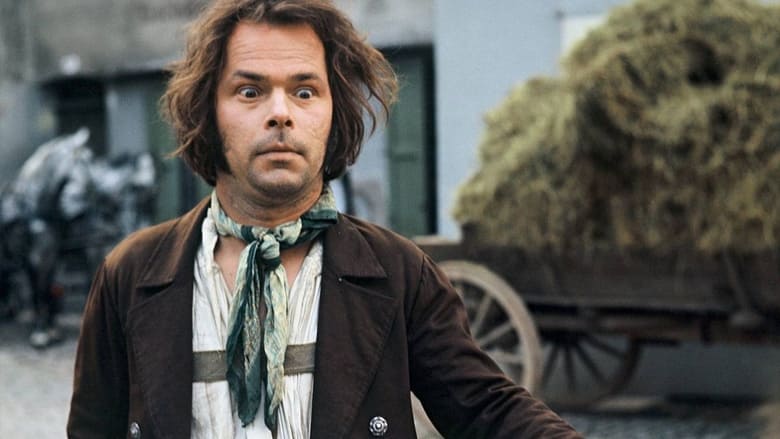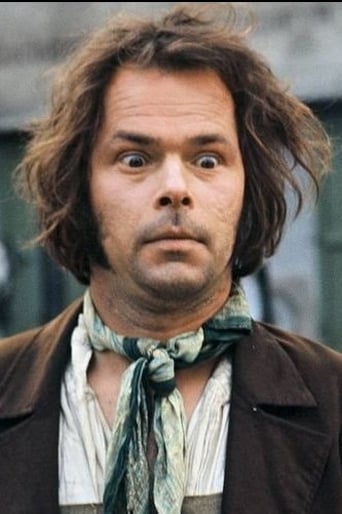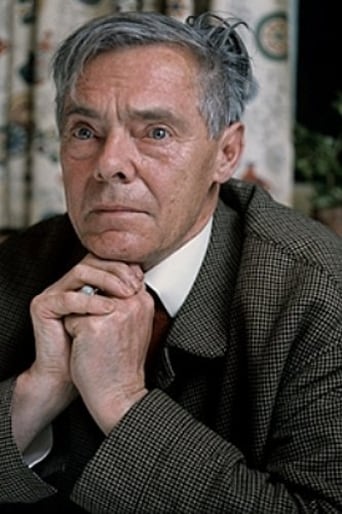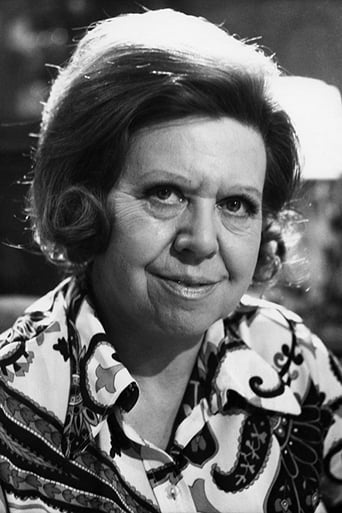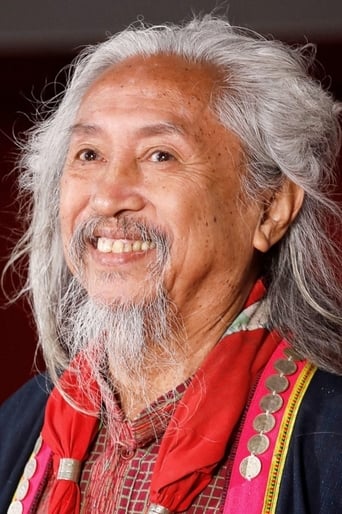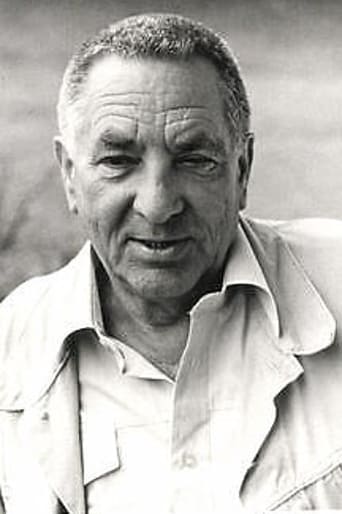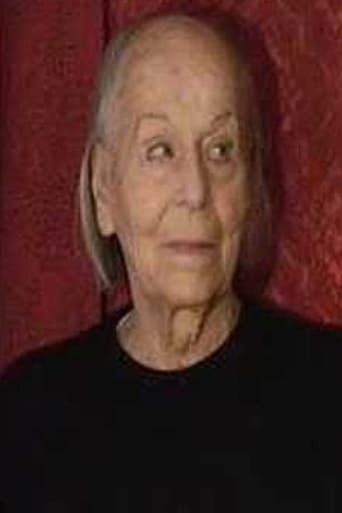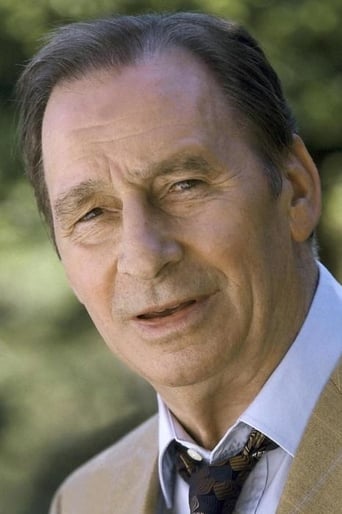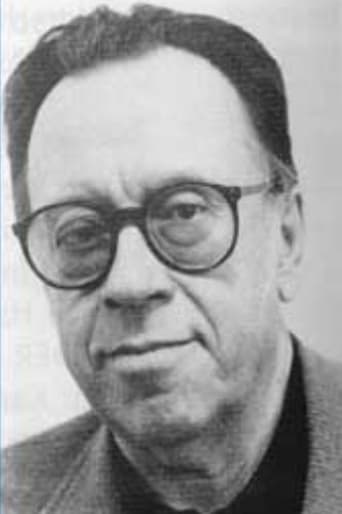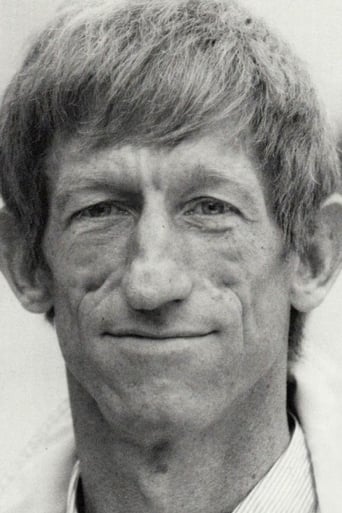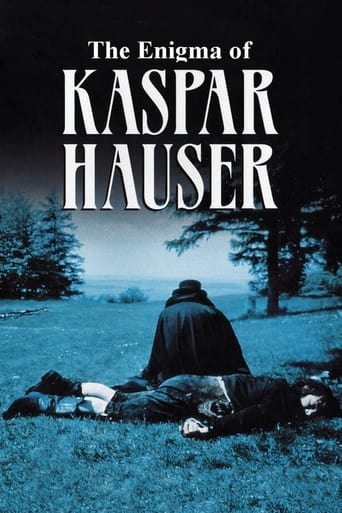
The Enigma of Kaspar Hauser
November. 01,1974The film follows Kaspar Hauser (Bruno S.), who lived the first seventeen years of his life chained in a tiny cellar with only a toy horse to occupy his time, devoid of all human contact except for a man who wears a black overcoat and top hat who feeds him.
Similar titles
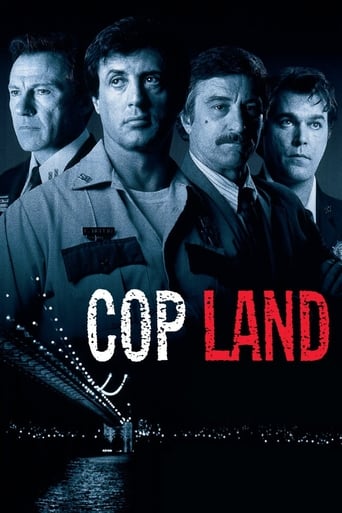

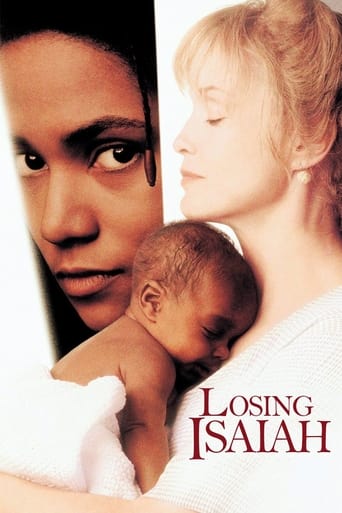
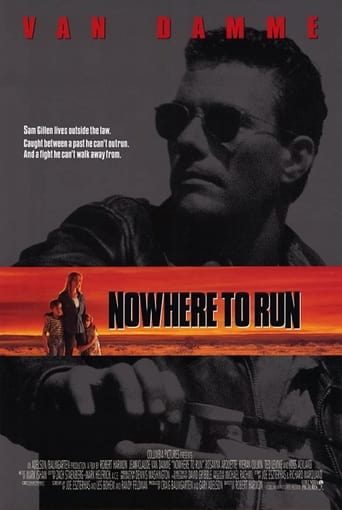
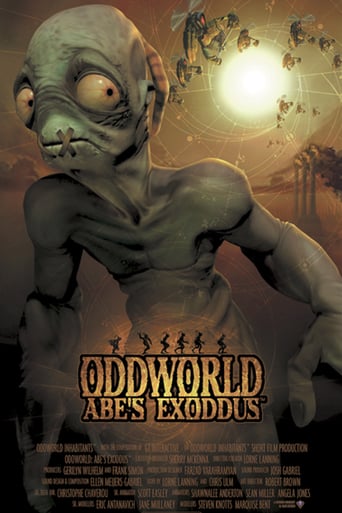
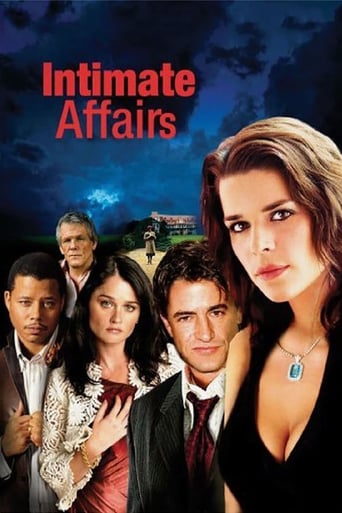
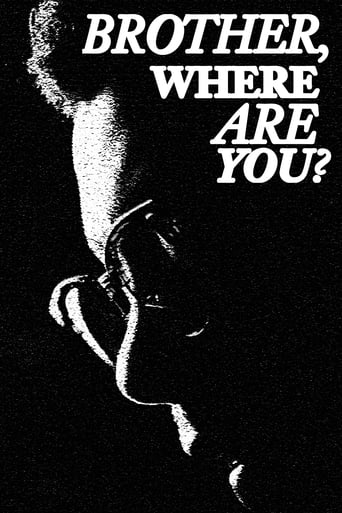
You May Also Like
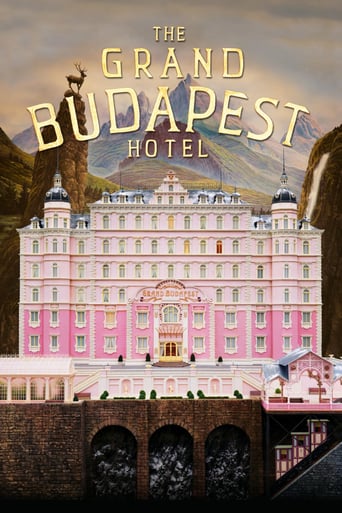
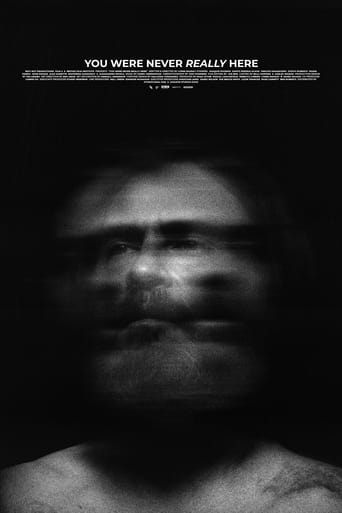
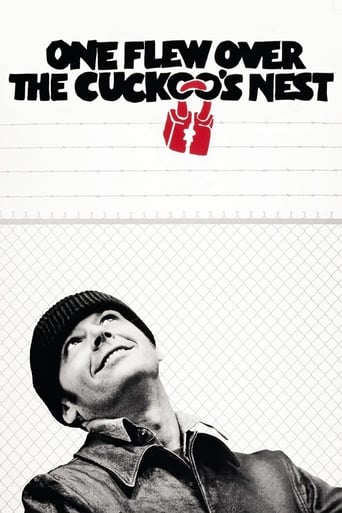
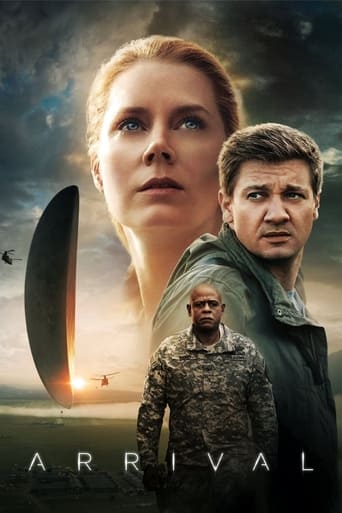


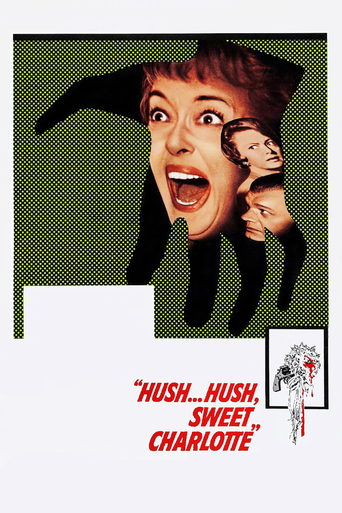

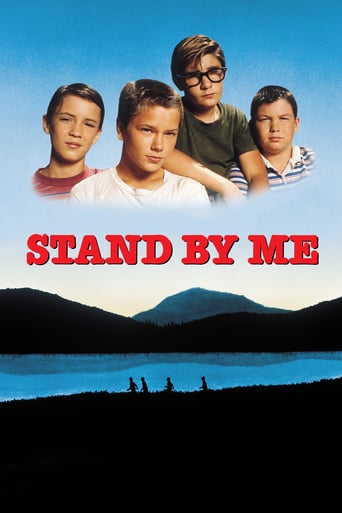

Reviews
You won't be disappointed!
Good concept, poorly executed.
Fantastic!
A great movie, one of the best of this year. There was a bit of confusion at one point in the plot, but nothing serious.
"Some day the piecing together of dissociated knowledge will open up such terrifying vistas of reality, and of our frightful position therein, that we shall either go mad from the revelation or flee from the light and into the peace and safety of a new Dark Age." - LovecraftDirected by Werner Herzog, "The Enigma of Kaspar Hauser" opens in 19th century Europe. Here a young child, Kaspar Hauser, recalls the day in which he was abandoned on a river. These hazy images comprise Kaspar's only recollections of life before he entered civilisation; prelapsarian, pre-language snippets of innocence.But Herzog's a pessimist and so innocence doesn't last very long. After poetic shots of swaying fields he quickly hits us with a title card: "Don't you hear that screaming all around you, that screaming men call silence?" Recalling Herzog's "Land of Silence and Darkness", this quote points to a landscape of suffering, death and decay. The universe wants you crushed. And to Herzog, a German absurdest with a fondness for consuming shoes, that's very very funny.It's quickly revealed that Kaspar has spent 17 years chained in a cellar with only a toy horse to keep him occupied. He is thus unable to speak, stand or function like a "normal" human being. He also loves horses, wild and at ease and so representative of an ideal mode of existence.The film's first half finds Kaspar being abandoned at a town in Nuremberg. Here the townsfolk poke and prod Kaspar, all in the hope of discovering who he is. During these scenes, Herzog satirises post-Enlightenment faith in empiricism, science and meticulous documentation. The townsfolk believe that the sheer force of scrutiny will solve the enigma that is Kaspar. But all their efforts prove futile.Kaspar's attempts to embrace Nuremberg's customs also prove frustrating. Kaspar finds it difficult to understand distance, size and perspective, and finds it difficult to grasp the relationships between objects, and the arbitrary borders which demarcate things. In one scene, for example, Kaspar struggles to understand where an arm ends and a hand begins, and why a hand is not an arm and vice versa. Of course there's a certain logic to the aforementioned demarcations, but also arbitrariness. Much of what we deem to be normal, never mind language itself, is itself a kind of arbitrary social agreement.Later Kaspar is essentially told that "man controls inanimate objects", a bit of hubris which is undermined when a disobedient apple leaps over a shoe. Man's egomania is challenged in another scene in which we meet a tiny king who lords over an ever shrinking kingdom. Others scenes find Kaspar questioning 19th century gender roles, and challenging various monarchs, academics and priests. But unlike similar films - "Elephant Man", "The Wild Child", "Edward Scissorhands", "Forrest Gump", "Being There" etc - Kaspar's "innocence" doesn't highlight a society that is brutish in comparison to him, but rather a civilisation that is blissfully denying a larger, almost ubiquitous brutishness. For Herzog, even empiricism, materialism and dour fixations on the corporeal miss something metaphysical that is far more terrible. The Church, busy creating bogus metaphysics of its own, is no better. "We, in comparison to the articulate vileness, baseness and obscenity of Nature," Herzog says in interviews, "only sound and look like half finished sentences out of stupid suburban novels. We have to become humble in front of this overwhelming misery and fornication. And I say this all, full of love." But Kaspar is not allowed to love on these terms, and so begins to grow depressed. He says he feels cut off from everything, sees his life as a "great fall" and feels comfortable only when in his bed. Suicidal, Kaspar begins to long for the solace of a death his society invests a great deal of intelligence in ignoring. He is assisted for a while by George Daumer, a real life German philosopher and student of Hegel. Daumer believed that man should "lift himself out of coarseness via culture". Kaspar and Herzog believe the opposite; that culture denies a coarseness that is sublime and worthy of worship.The film contains two musicians. One's a child who is robbed of his love for music by the rigidities of schooling, the other's a blind man who plays on his own terms. The man's music approaches the ecstatic and the sublime, heights which the film's overtly religious music aren't able to achieve; Kaspar finds religious music to be disgusting, emblematic of a false sacredness.Mirroring its early scenes, in which Kaspar is meticulously catalogued, the film ends with Kaspar's dead body being autopsied. Scientists then offer explanations for Kaspar's behaviour, all of which Herzog mocks. Prior to this scene Kaspar recounts a dream in which a blind man leads unbelievers to safety through a desert. An earlier dream found Kaspar witnessing hundreds of people climbing a hill towards death. The two dreams put forth seemingly contradictory messages: in the first, life is a hill which man robotically climbs, in denial of death. Oblivious to nature's terrors, man thus never really lives. In the second dream, however, treating death as an illusion leads to life and leads to the forging of a path out of the desert. Reconciling these two positions was perhaps one of the chief preoccupations of 19th and 20th century existentialism."Kaspar" remains one of Herzog's best films. Sad, funny, poetic, satirical, unconventional, philosophical, absurd, Brechtian, part German New Wave (touches of Fassbinder) part Medieval hippie, the film is at its best when it treats Kaspar's growing consciousness as something akin to a religious awakening. Today we forget how influential Herzog was, and how much directors like Lynch and Malick owe to him. The film features a shot in which a monkey rests on a horse whilst a camel walks on its knees. Only Herzog.9/10 – Masterpiece. See Renoir's "Bodou Saved From Drowning".
A great little Herzog movie. I remember seeing the first half of this on TV many years ago. I was late at night and I fell asleep, but always wanted to know what happened. Something about the acting of Bruno S. haunted me - I had to know the full story.I'm lucky enough to have just seen the whole thing for the first time, and for me this is a real classic. It's based on the true story of Kaspar Hauser, a real-life enigma of the 19th century. He was apparently brought up locked in the room for his childhood and teenage years, with little human contact or indeed contact with the outside world. He was then dumped and left to fend for himself in an alien society.Inevitably the story draws comparisons with the likes of THE ELEPHANT MAN and it's clearly a labour of love for Herzog himself, who had tackled similar themes of isolation in his documentary LAND OF SILENCE AND DARKNESS. It's a stunning movie - heartfelt, full of emotion and sadness. The wonderful cinematography is a real asset, but it's Bruno S. who makes the film for me - he's completely sympathetic in the leading role. THE ENIGMA OF KASPAR HAUSER is one of those quiet, unassuming movies that grows on you all the time, and far more memorable than many a noisy, brash Hollywood outing. In fact, I'd go so far as to call it unforgettable.
This remarkable, one is forced to say unique, film, by the iconoclast Werner Herzog, raises many disturbing and fundamental questions about the human species and the constructs known as 'society' or 'societies'. (Margaret Thatcher once famously pronounced: 'There is no such thing as Society.') Here we have a brilliant evocation of events which really happened in 1828 in Germany, when a young man who claimed to be named Kaspar Hauser suddenly appeared one morning in a town square. No one knew him. He held a note in his hand written by someone else but was himself barely able to speak more than a few phrases which he had been taught during the many years (apparently the whole of his life) when he had been held captive in a dungeon. Who was he? Where did he come from? Why had he never met anyone other than the unknown older man who had held him a captive, and who was never identified? How could he never before have seen a tree, a town, a house? Why did he not know how to converse or interact with other people? How could he be so removed from everything which we identify with what we call society, and hence with 'being human'? This leads to questions such as: what does it mean to be human? And can one be human if one is outside 'society'? In other words, is a human in isolation 'human' or not? And if a human in isolation is not 'human', then what does 'human' really mean? For it can clearly no longer have a biological definition, but involves imponderables which are ill-defined at best and may even be beyond definition. In other words, the enigma of someone like Kaspar Hauser challenges all of our cozy assumptions about ourselves. And this is what the film is really about, for the absurdities of 'society' in 1828 Germany are ruthlessly and relentlessly exposed, with the implication being that all 'societies' of whatever date and place are perhaps equally absurd. And so where does this leave 'the human condition', or is there even any such thing? Herzog throws down the gauntlet to challenge all of us, and the responses to that challenge have in the four decades since largely consisted of pathetic and unfocused whimpers or evasions. One wonders to what an extent this film by Herzog was inspired by the Francois Truffaut film which appeared four years earlier, L'Infant SAUVAGE (THE WILD CHILD, 1970), which was also based upon a true story (of the late 1700s), but which was a far gentler and less provocative film than the frontal assault on us by Herzog. Truffaut's film is thoughtful and troubling, but Herzog's film is a manifesto and a direct challenge. Truffaut was holding a polite conversation with us, but Herzog was raising a banner and making a proclamation. In casting the role of Kaspar Hauser, Herzog made the inspired choice of the man known only as Bruno S., who had in real life been savagely mistreated when young and who shared certain characteristics with the character in the film. The result is the most astonishingly convincing portrayal of Kaspar Hauser. He does not look at or interact 'normally' with people when conversing with them, because he has never been conditioned to do so. He talks to them while staring blankly in front of him. In fact, the silent acceptance of contact amongst animals with each other more nearly resembles his behaviour than the human habit of looking at and showing facial reactions to each other when interacting, It is not the habit of dogs to look at each other as much as they look at us. They know they have to look at us because that is how we interact, but with each other they show what to us seems greater attentional indifference, despite the fact that 'dog language' is so strongly reliant upon facial, nasal, and eyebrow twitches, lacking as it necessarily is in words. So the apparent casual indifference which animals so often appear to us to show towards one another, being so alien to our own behaviour, is what Kaspar Hauser shows so clearly. All around him, meanwhile, frantic people behave increasingly like lunatics, trying to teach him the correct religious dogmas, the proper forms of dress and behaviour, the rigourous forms of logic, and other wholly inappropriate things. The film shows us a mad society and a sane but utterly alien outsider hopelessly unable to get through to one another, lacking all possibility of mutual comprehension, and living side by side as it were on different planets. Herzog wholly succeeds in holding this mirror up to us and asking: who and what do we think we are?
In this film, Herzog made an awesome discovery of a real life outsider named Bruno S., and in here he played Kaspar Hauser. He was also to play a character named after him in another Herzog film, Stroszek. "The Enigma of Kaspar Hauser" is about a person imprisoned since childbirth and now at his middle age was freed. He was educated by the people around him and at the same time experimented. They are curious of this strange fellow. Kaspar Hauser was being prepared to be a part of the society he had come to know just by now. He was uncomfortable with how this society worked, uncomfortable of how they think. At the end he died and his brain was a startling discovery to professionals, he was different, he is a puzzling being. Though this one is less brilliant than Stroszek, I still find it hard to resist Bruno S., his effortless talent to fascinate us and dominate the screen with his charismatic eccentricity. He is truly one of the greatest discoveries on the screen.
Top Streaming Movies











